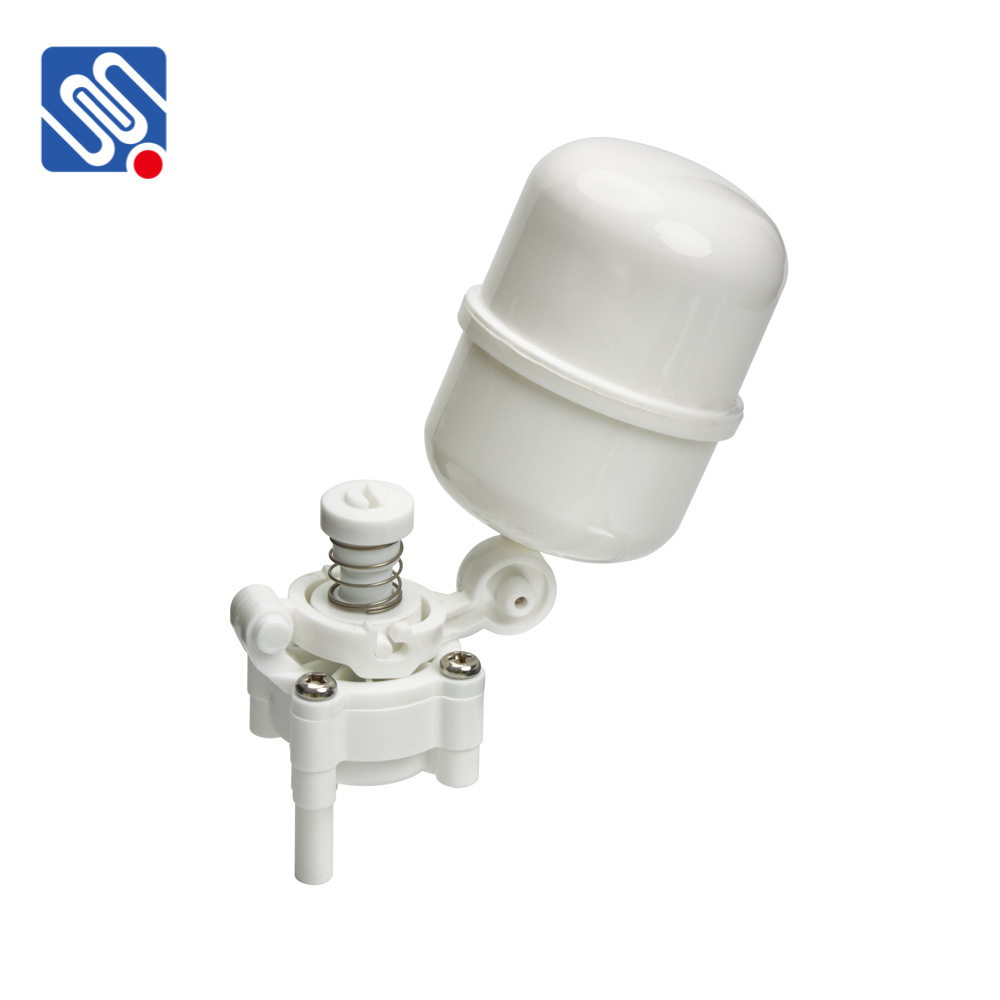plastic valve for water systems: a cost-effective and durable solution
Release time:2025-08-29 15:29:43
Plastic valves have gained immense popularity in water systems, offering a versatile, durable, and cost-effective solution for various applications. These valves, made from materials like PVC, CPVC, polypropylene (PP), and PVDF, are a significant improvement over traditional metal valves in many water distribution and plumbing systems. Their resistance to corrosion, lightweight design, and affordability make them an ideal choice in residential, commercial, and industrial water systems. In this article, we will explore the advantages, applications, and types of plastic valves used in water systems, highlighting their growing significance in modern plumbing and water distribution networks.

Advantages of Plastic Valves
1. Corrosion Resistance: One of the primary benefits of plastic valves is their resistance to corrosion. Unlike metal valves, which are prone to rust and degradation over time, plastic valves are not affected by water and environmental conditions that lead to corrosion. This makes them an ideal choice for systems where exposure to water, chemicals, or harsh weather conditions is frequent. The ability to withstand corrosion significantly extends the lifespan of the valve and reduces maintenance costs over time.
2. Lightweight and Easy to Handle: Plastic valves are much lighter than their metal counterparts. This lightweight property not only makes them easier to transport but also simplifies installation, especially in large-scale systems where multiple valves need to be installed. The reduced weight means less strain on the plumbing system, particularly in overhead installations or in situations where frequent maintenance is required.

